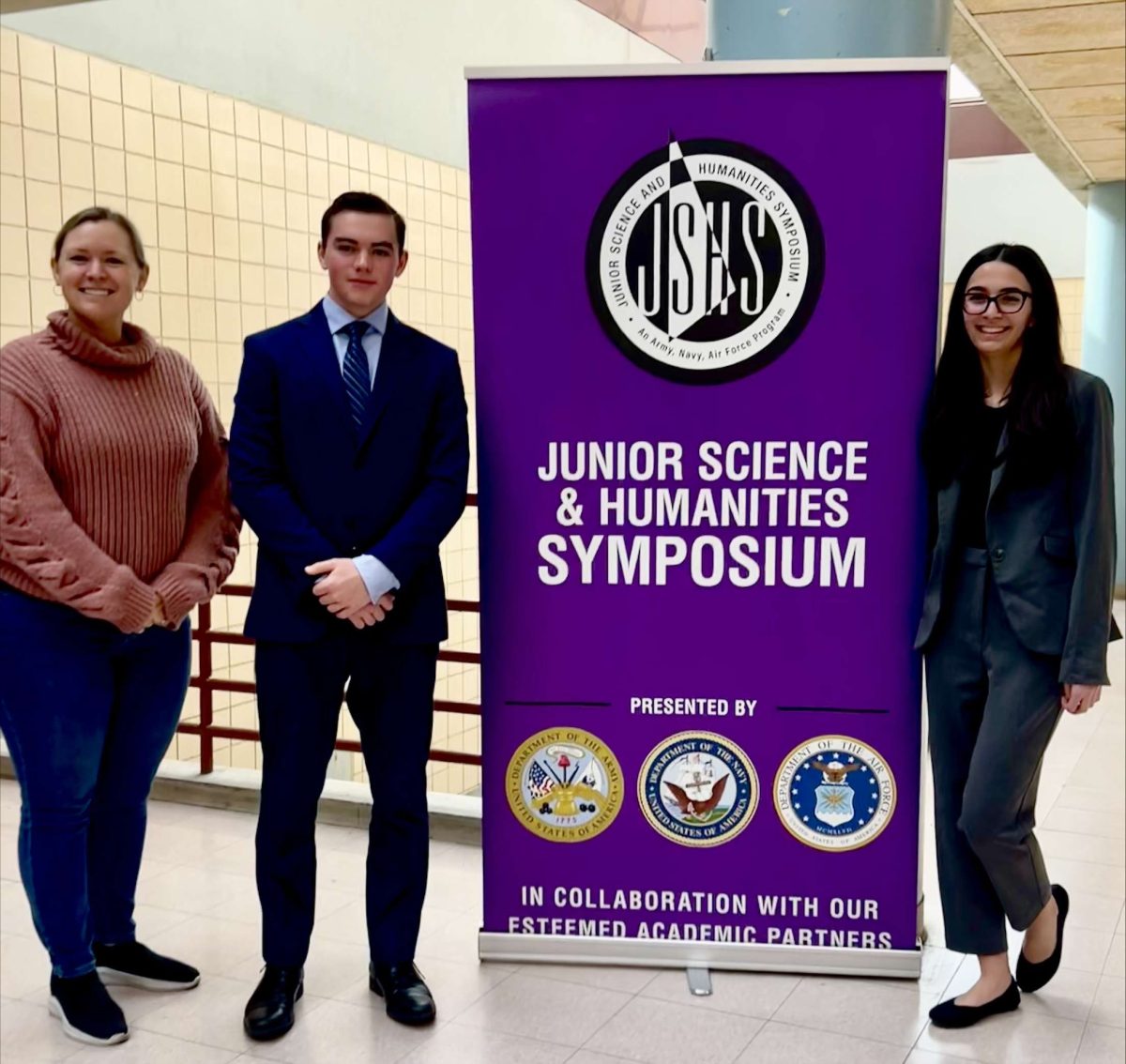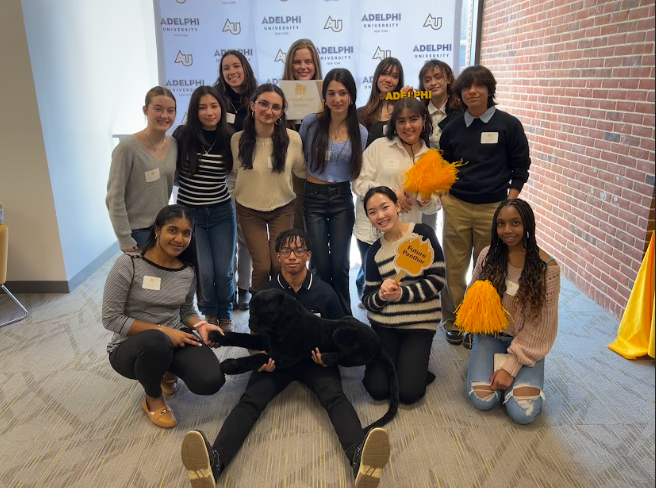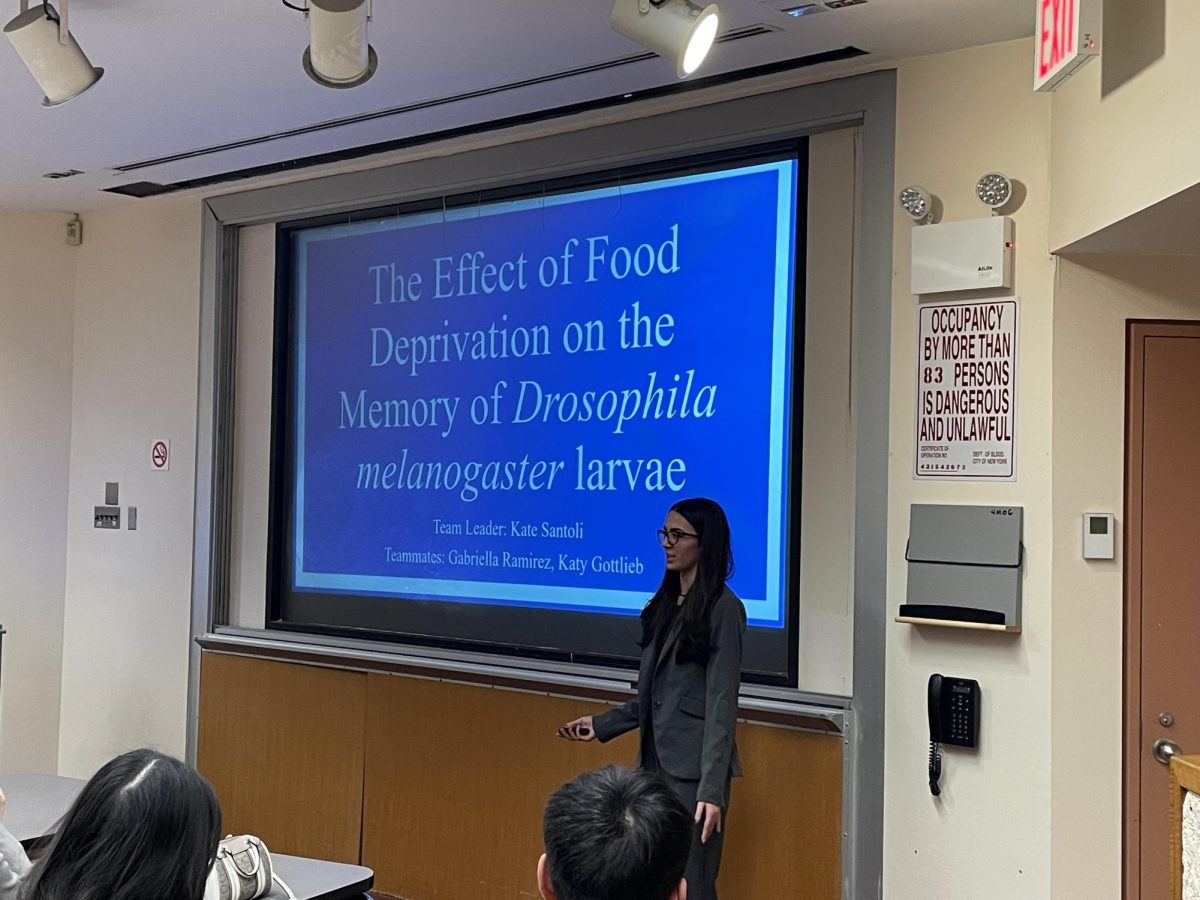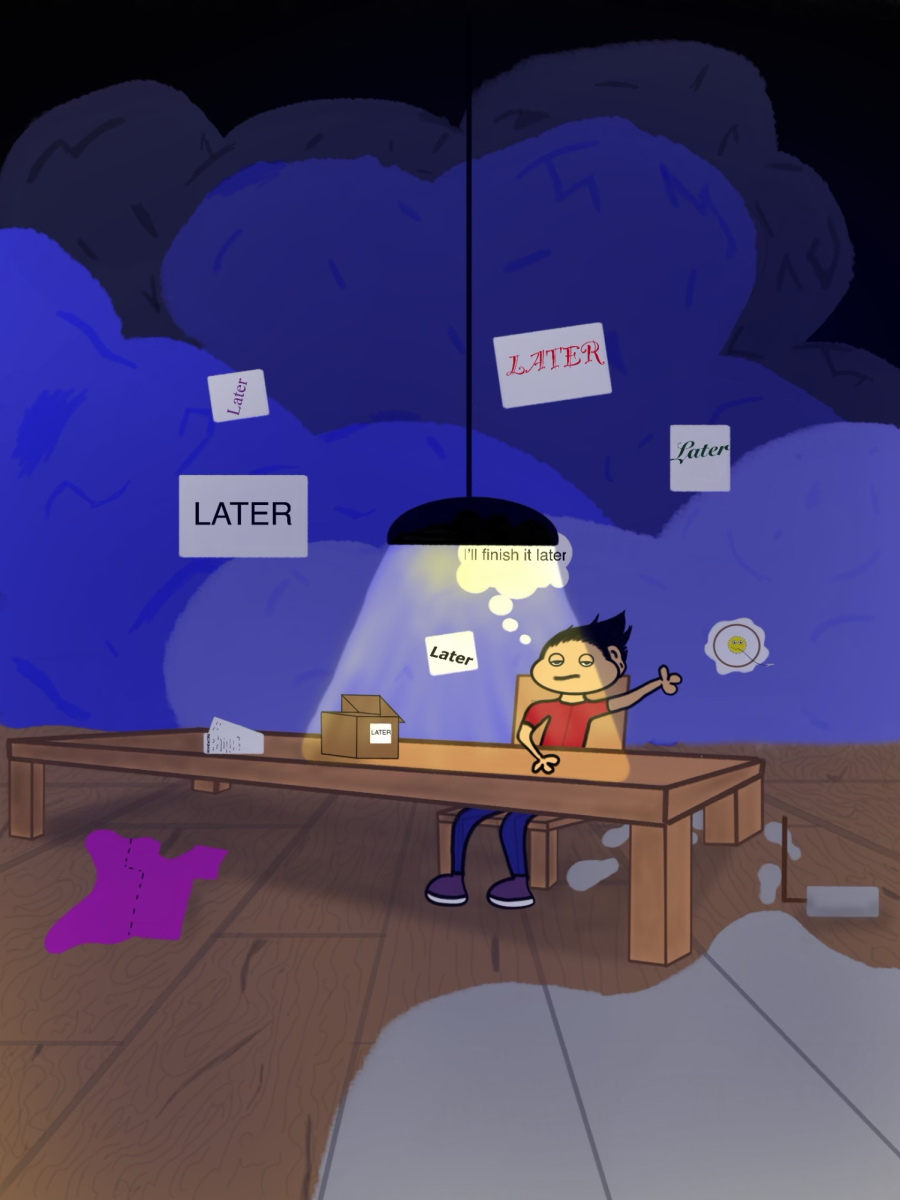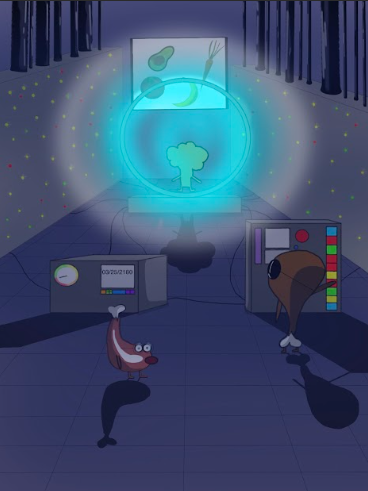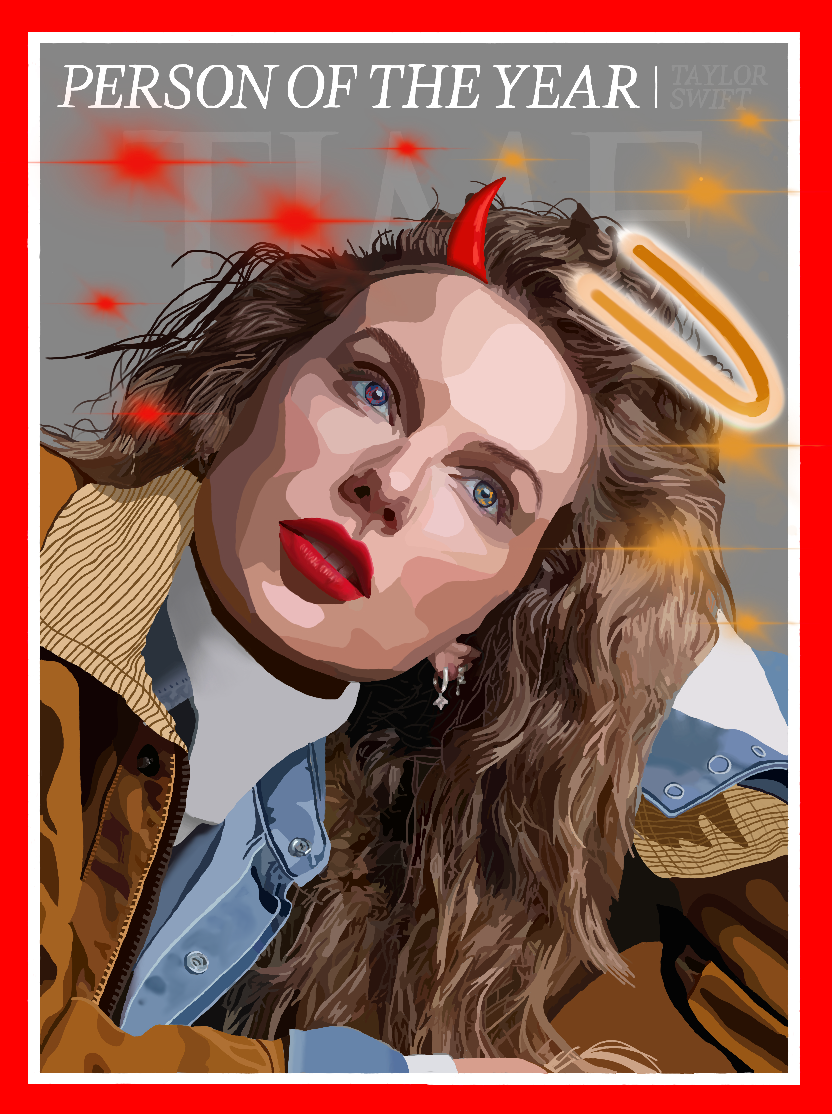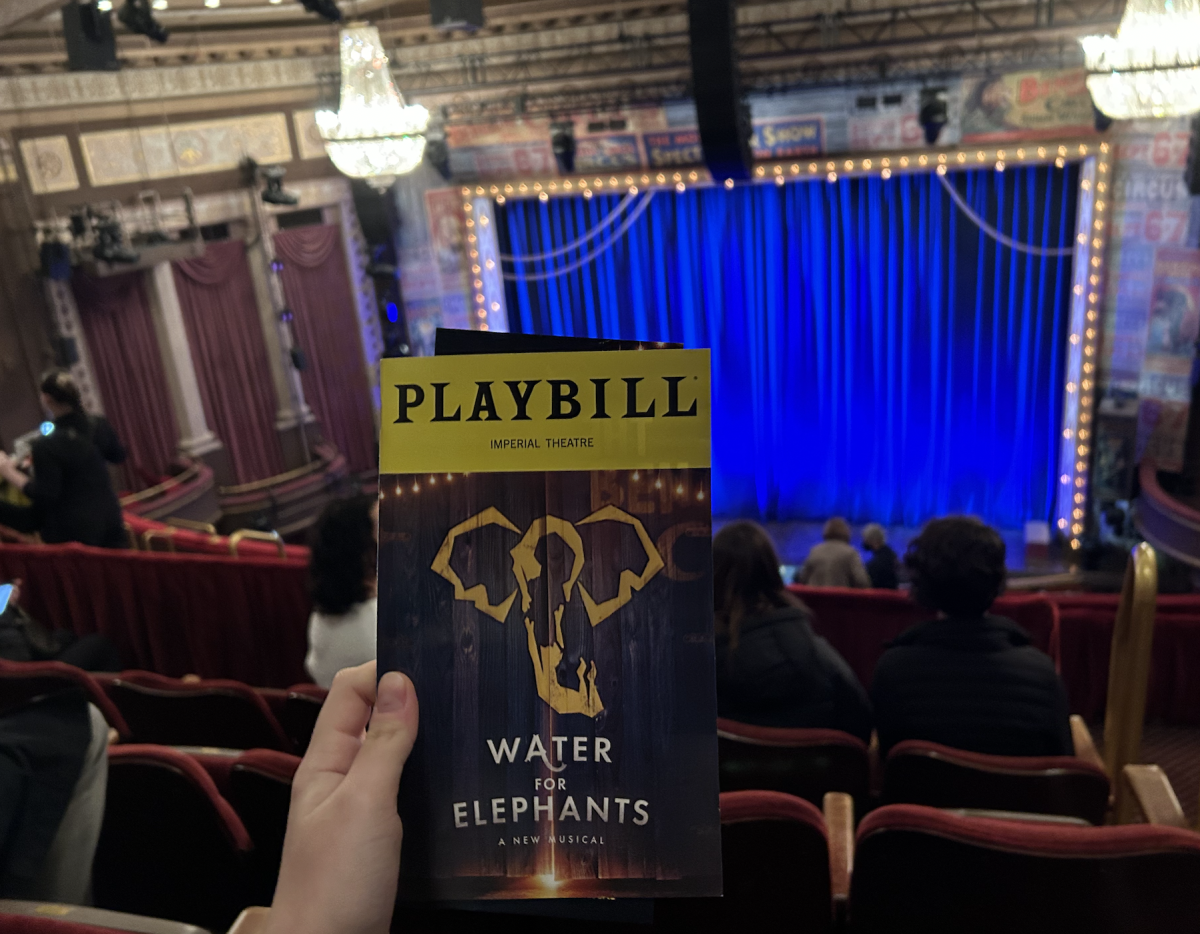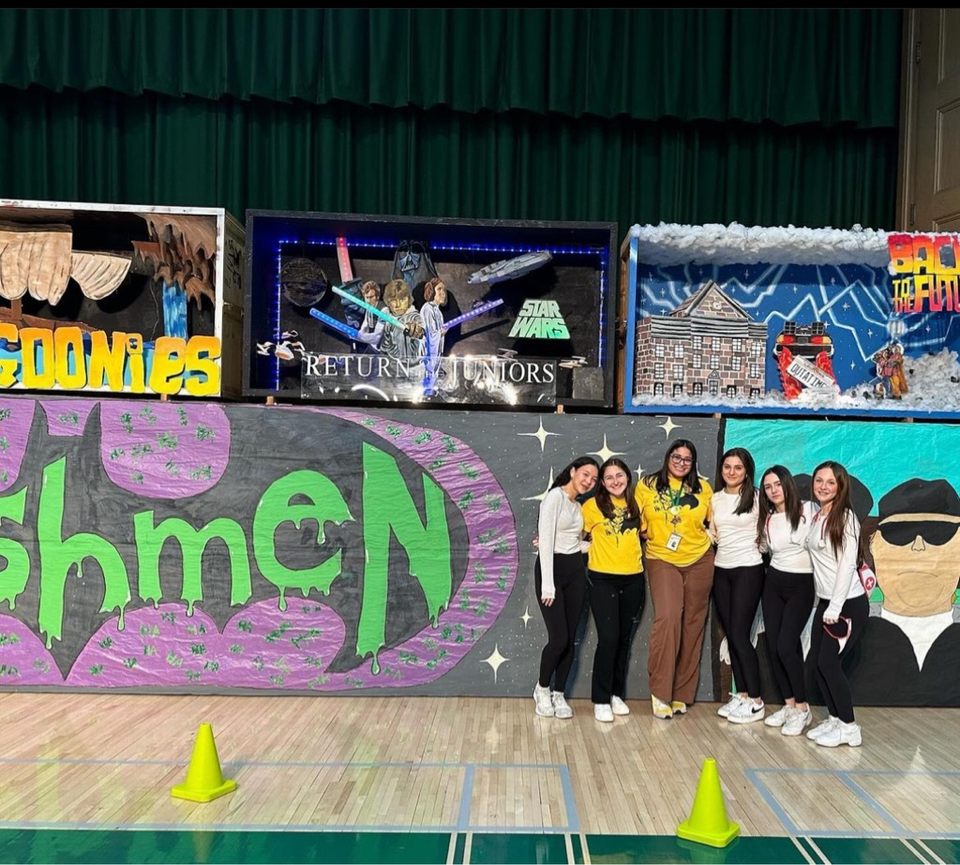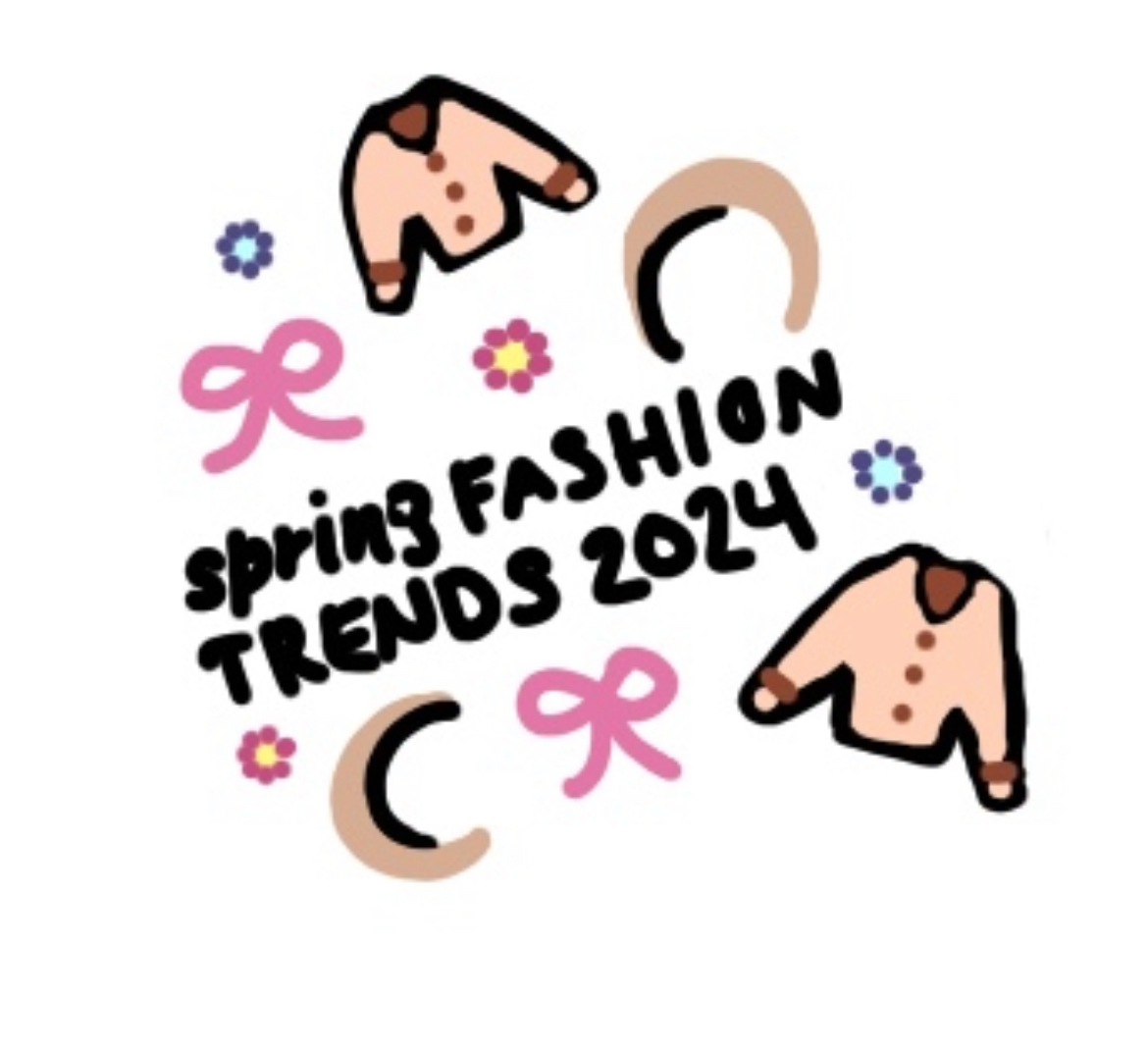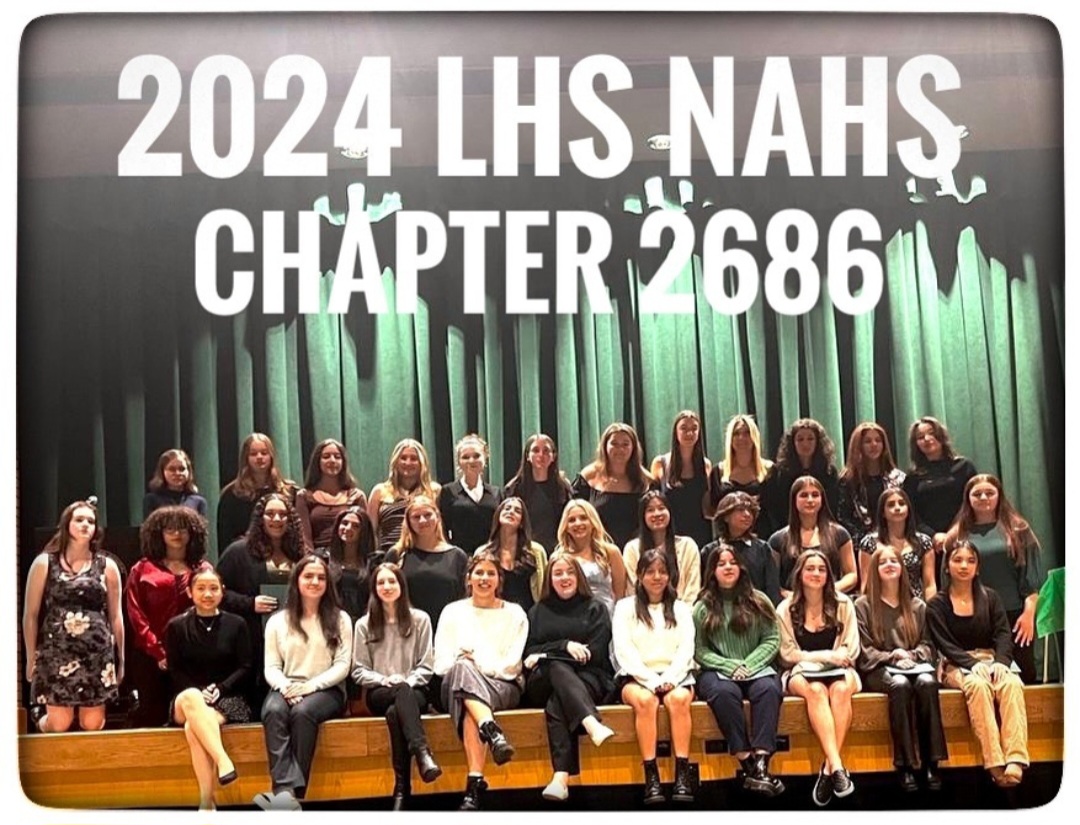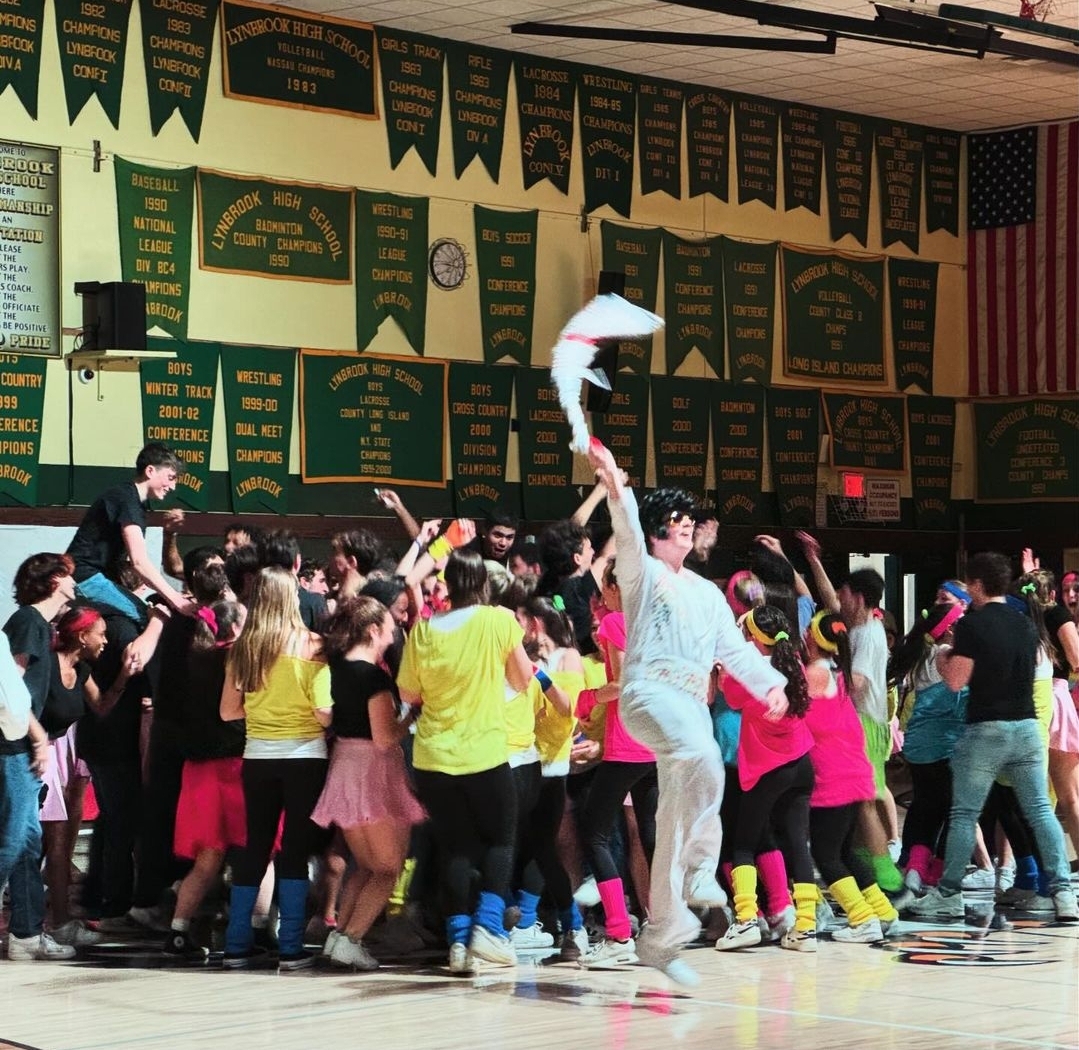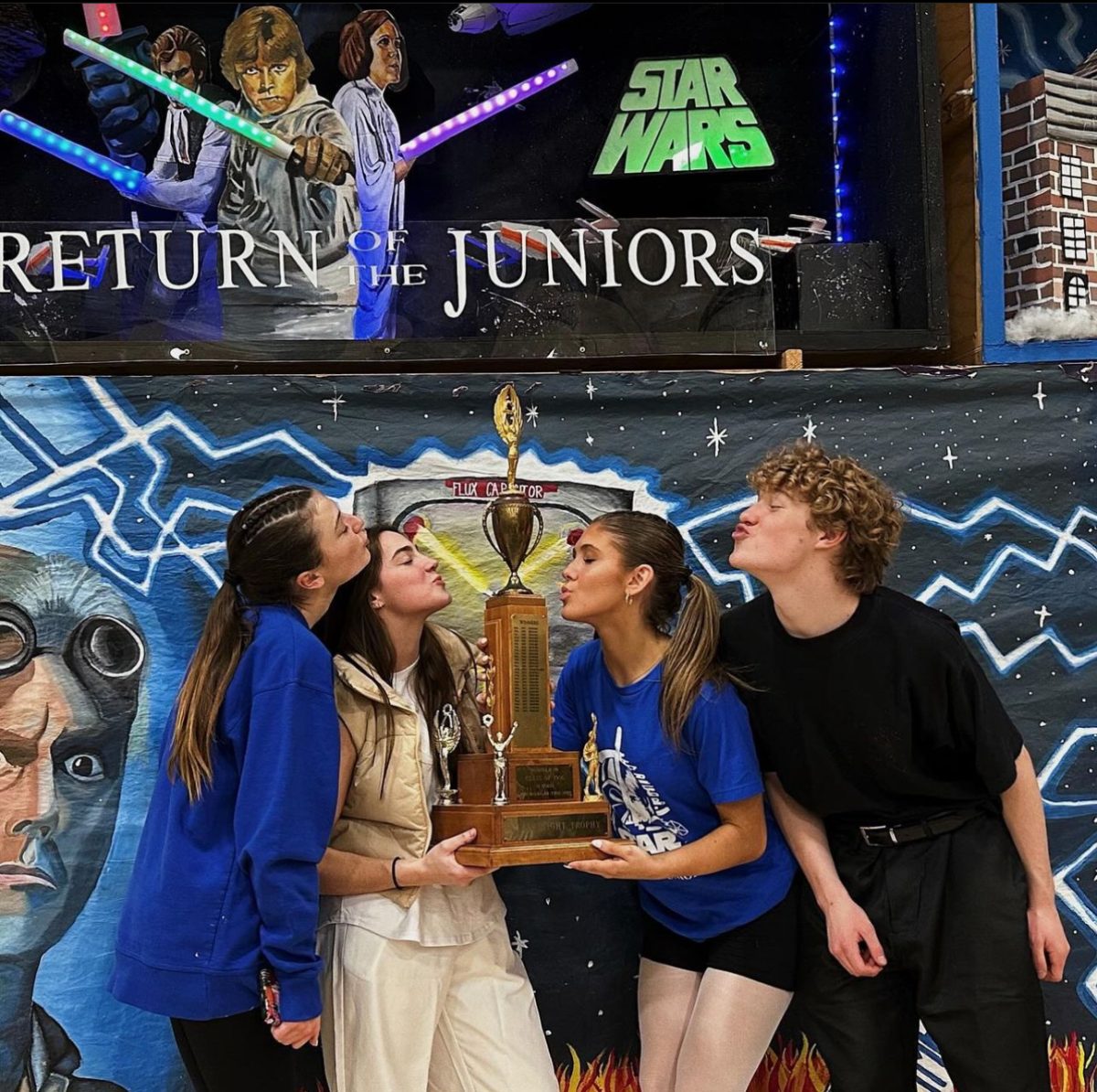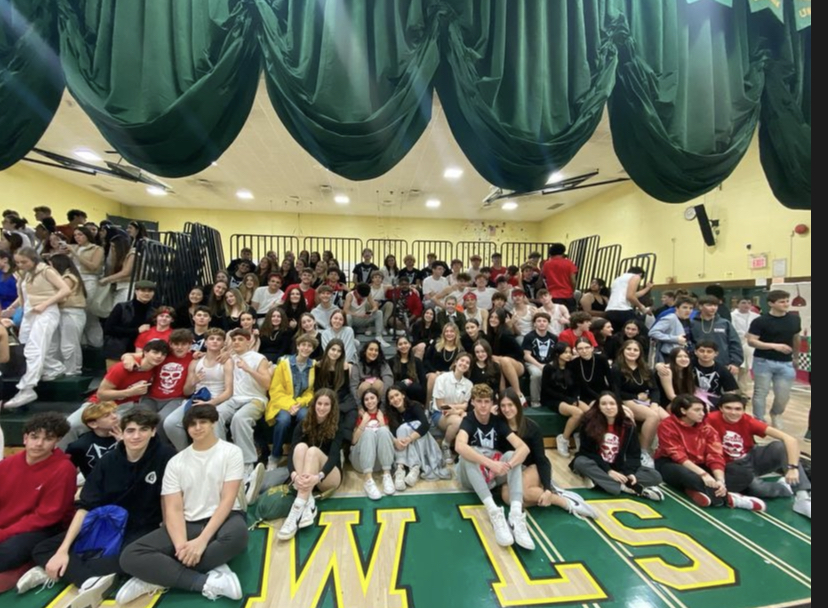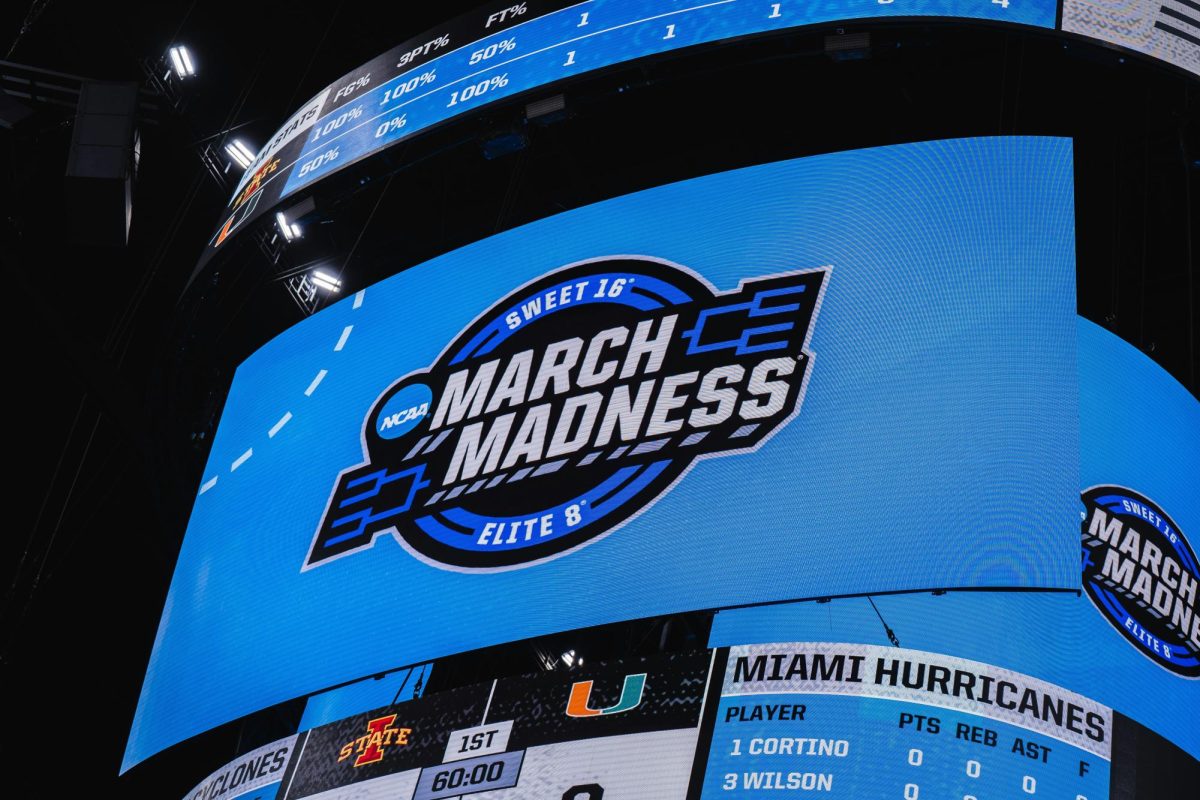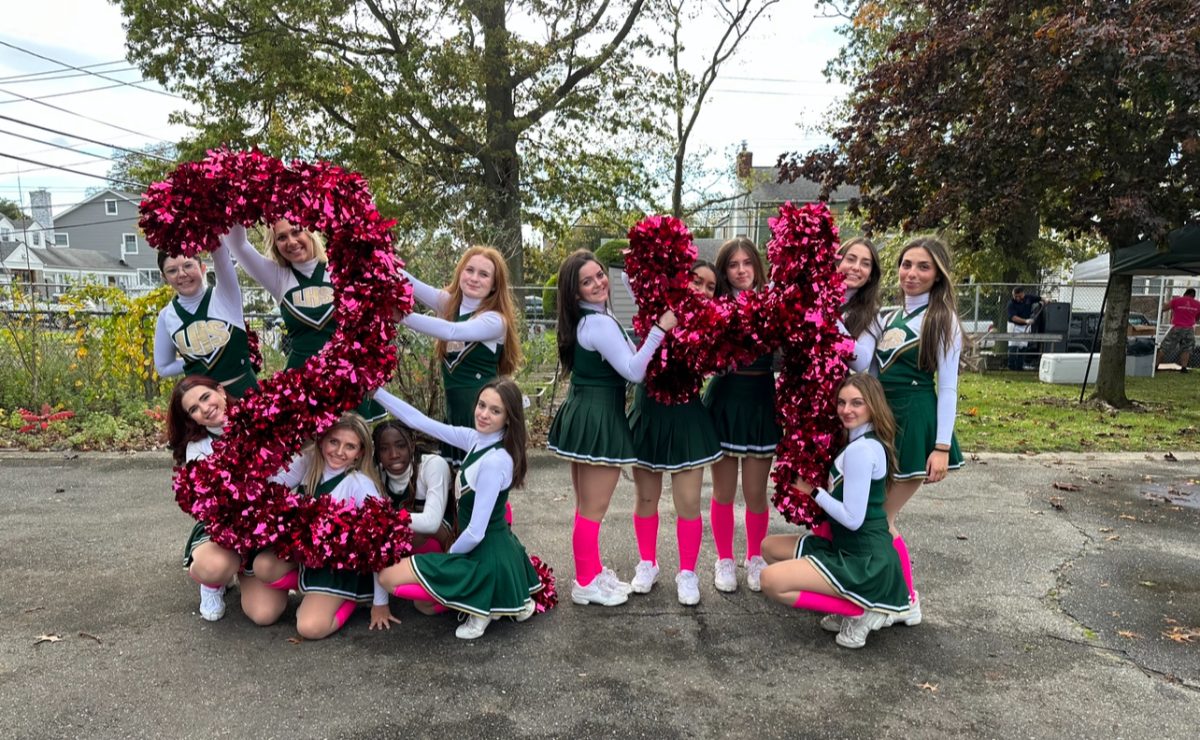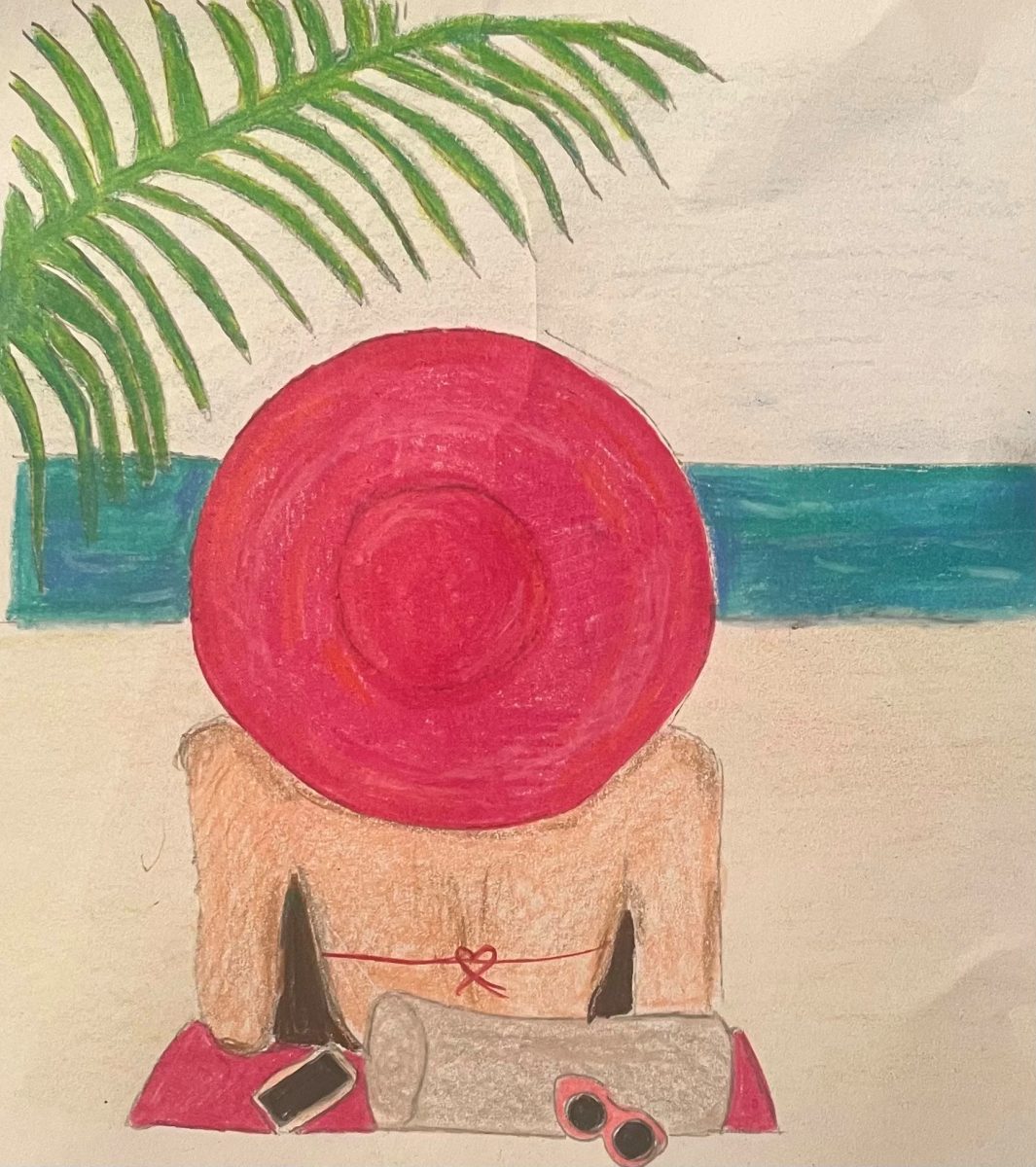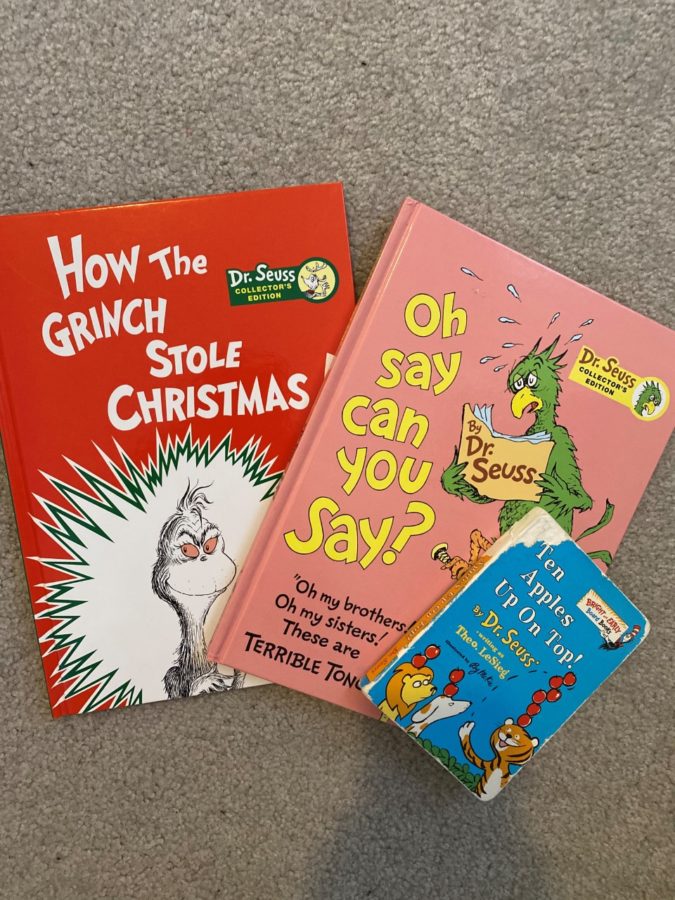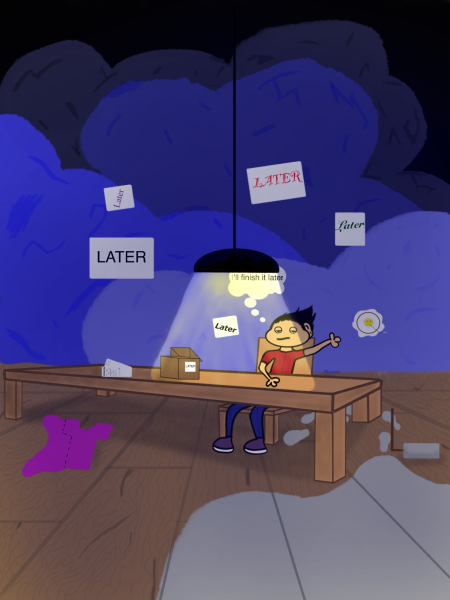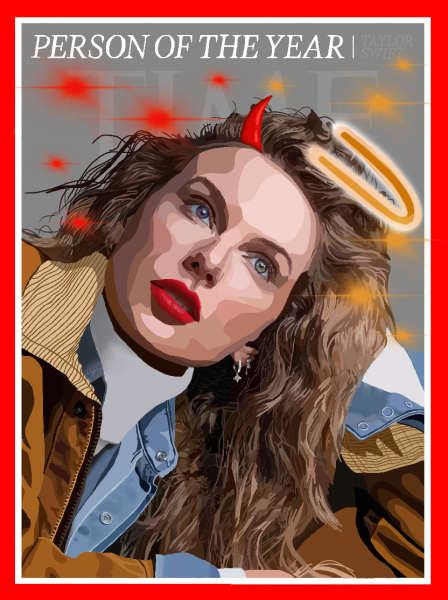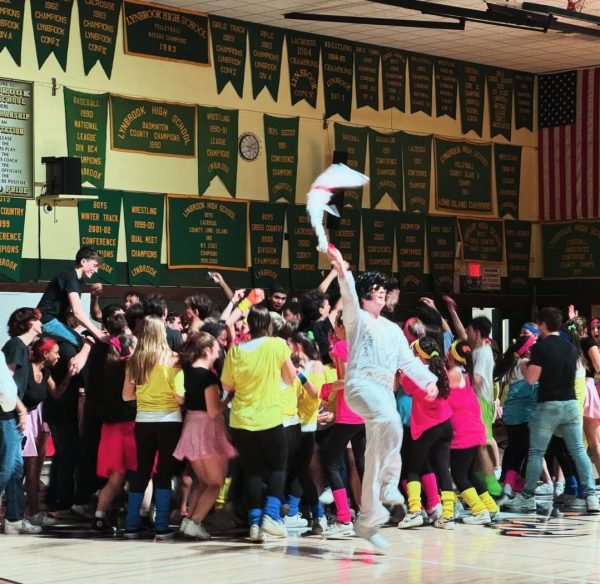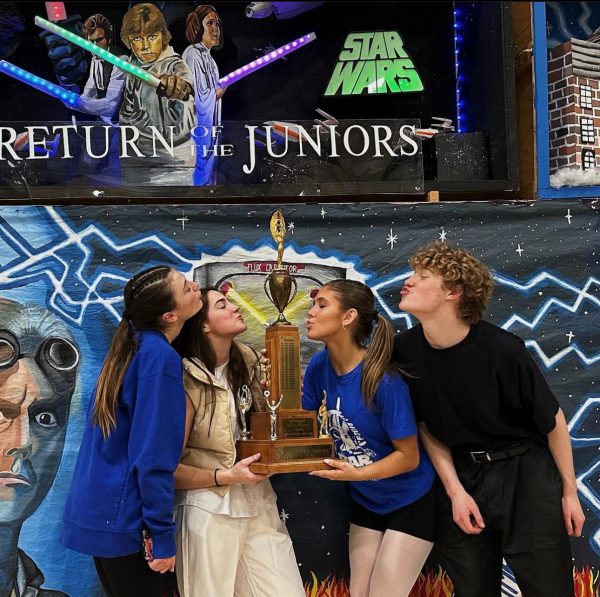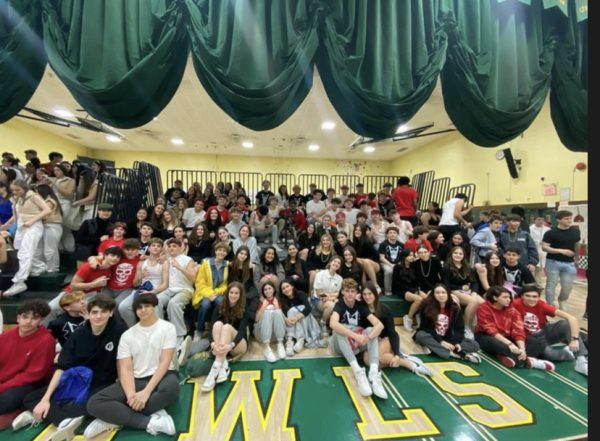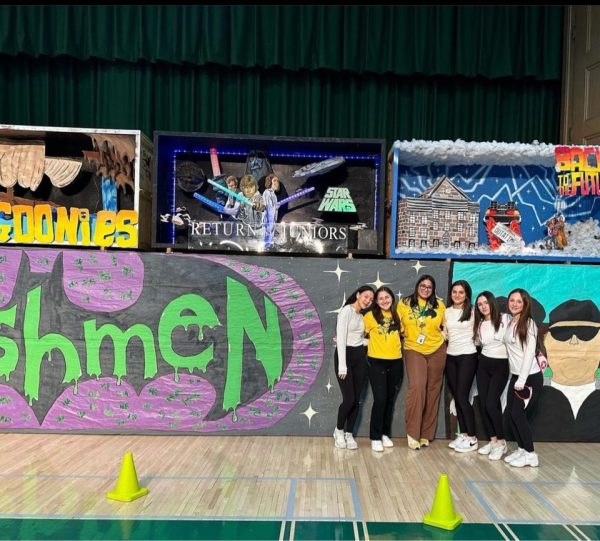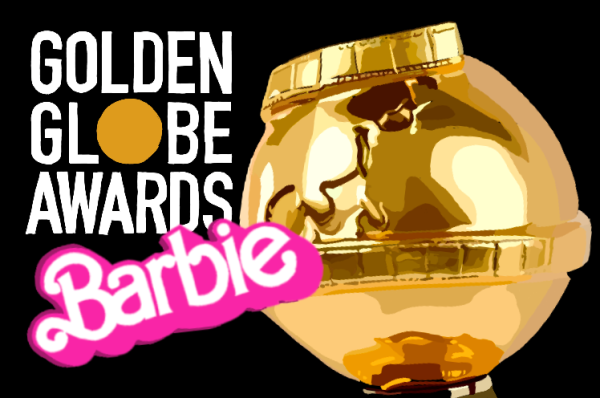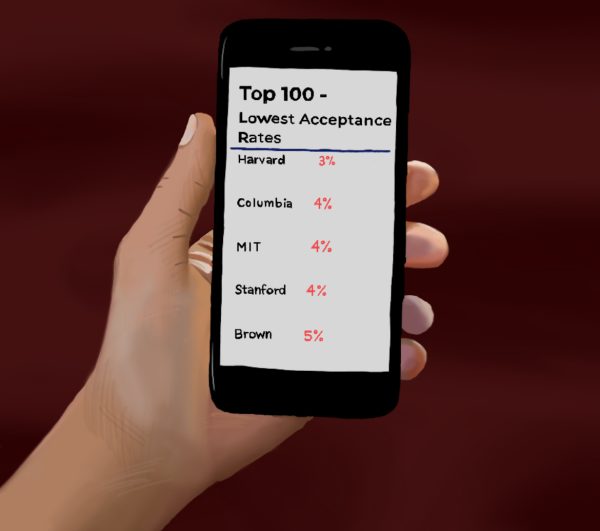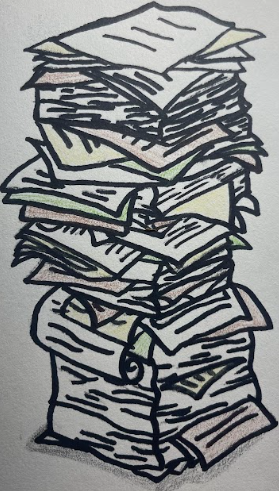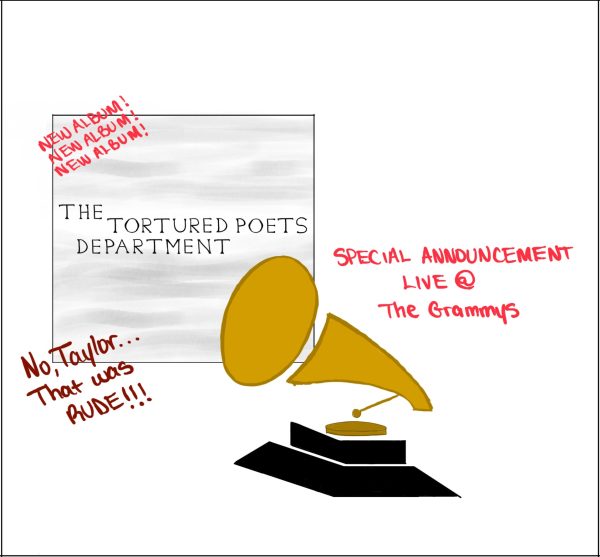The Famous Dr. Seuss Cancelled?
Dr. Seuss is an immensely popular children’s book author known for his colorful rhyming and unusual stories. He cemented his reputation as a legendary children’s author by writing iconic stories such as The Cat in the Hat, How the Grinch Stole Christmas, and One Fish, Two Fish, Red Fish, Blue Fish. His works are so widely read that his birthday is celebrated as Read Across America Day. In Lynbrook, elementary school students even participate in Parents as Reading Partners (PARP) Week during the week of March 2 as a nod to Seuss.
Despite his whimsical stories and fame, Seuss’ reputation has been questioned recently. Dr. Seuss Enterprises, the estate that manages Seuss’ legacy, announced this year that six of his books — And to Think That I Saw It on Mulberry Street, If I Ran the Zoo, McElligot’s Pool, On Beyond Zebra, Scrambled Eggs Super, and The Cat’s Quizzer — would stop being sold immediately. These books had been questioned because people view their content as racist and discriminatory. Seuss Enterprises responded to the harsh criticism with a statement: “Dr. Seuss Enterprises listened and took feedback from our audiences including teachers, academics, and specialists in the field as part of our review process. We then worked with a panel of experts, including educators, to review our catalog of titles.”
The object of this removal should not be to attack Seuss because when he wrote these books, the content was widely accepted. But just because the racism displayed in his books was normalized during his time, does not mean it should be excused now or that it is okay to continue selling these books. The object of the removal is to prevent children from thinking that the racist content in these books is acceptable. Children are very easily influenced, so if these books continue to be sold and published, children could be influenced to see the world in a way that was once common but that is no longer acceptable. Removing six of Seuss’s books from publication because of their offensive content is an appropriate measure to protect children from learning racial stereotypes.
The most criticized of the books being removed from publication is If I Ran The Zoo. The book seems innocent, as it is about a child describing what he would put in a zoo. However, the child begins to talk about caging people of other ethnicities. The non-white characters the child puts in the zoo are caricatures of minorities with stereotypical features. For example, the Asian characters are drawn with yellow skin, chopsticks, small and slanted eyes, and pointed hats. One line even reads, “All wear their eyes on a slant,” when describing the Asian characters. The African men are shirtless, shoeless, have large facial features, and are wearing grass skirts, while holding various types of animals. There is no moral value or positive lesson for a child to learn from a story that shows people of color as subhuman zoo creatures. The content is blatantly stereotypical and should not be read.
Studies have recently found that many of Seuss’ works are anti-Semitic, as well. A 2019 study held by Katie Ishizuka and Ramón Stephens found “Orientalism, anti-blackness, and white supremacy in Dr. Seuss’s books.” Stephens and Ishizuka stated, “As critical race scholar-activists, we engaged stakeholders, including youth, families, and teachers from racially marginalized communities, to identify and document existing forms of resistance to Seuss’ racist works.” With this new knowledge, it is important for educators and libraries to remove these discriminatory works from their bookshelves.
Even though there is obvious racism in the discontinued books, some people are outraged that Seuss was “banned” or “cancelled.” Misconceptions have been circulating online that President Biden banned these books and that Dr. Seuss Enterprise’s free speech is being limited. However, this is not the case. The government did not ban the stories. The private company, Dr. Seuss Enterprises, listened to feedback from its audience and decided to stop publishing its own books. Dr. Seuss Enterprises has every right to cease publications of works that do not represent the values of the company.
Most importantly, it is essential to consider the messages that are being sent to children. It would be wrong to educate children using books that portray racist and intolerant stereotypes. Especially because Seuss has been made out to be an almighty literature juggernaut that many children idolize, his discriminatory books need to be removed from the shelves. That is not to say that all of his works should be “cancelled,” but his pedestal is far too high. Acknowledging the flawed aspects of his works is a necessary step in the right direction.


